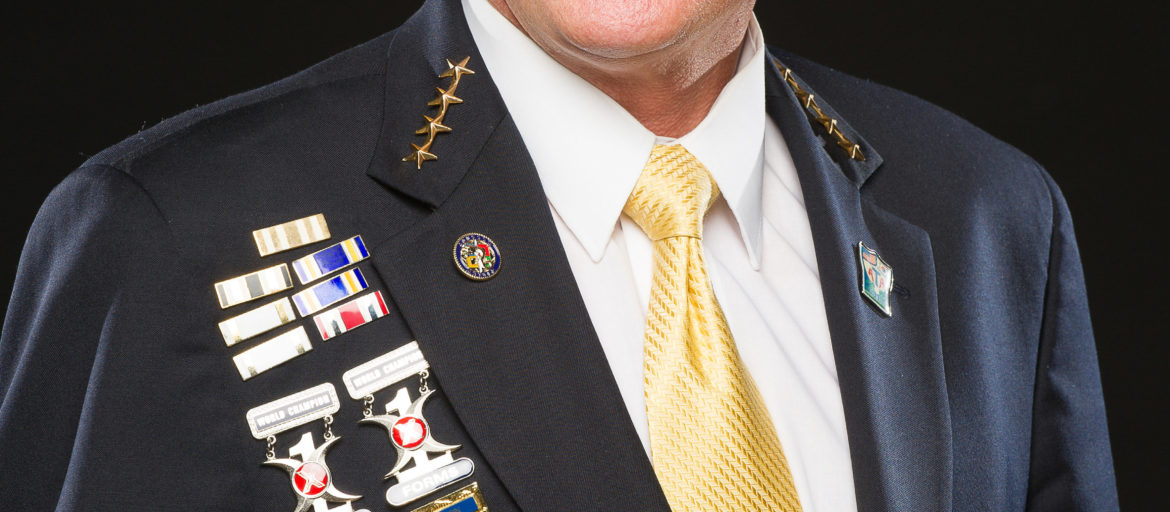“Stress is an ignorant state. It believes that everything is an emergency”. Natalie Goldberg–Wild Mind
As martial artists, we do everything we can to prepare for outside threats such as bullies, criminals and other people who would do us harm. But here’s the irony: We have an equal chance of being harmed by a “hidden” threat – one that actually “lives” inside each of us. Who is this hidden enemy? The answer is simple: stress.
Now that the holidays are upon us, I thought it was important to discuss this topic since stress peaks around this time of the year and it’s at the root of most modern ailments. So, think of this article as “internal self-defense”.
What is Stress and How Does It Affect You?
Stress is a survival response. When our ancient ancestors roamed the plains of Africa, they faced danger every day. Lions, leopards and other predators were everywhere. As a means of survival, our ancestors developed the “stress response”. Here’s how it worked: When a lion, for example, chased one of our ancestors, he or she needed a sudden burst of energy to escape. Stress hormones, such as epinephrine and cortisol surged into the bloodstream. This made blood pressure rise, arteries constrict, the heart pump harder and lungs expand to take in more oxygen. These stress hormones focused our ancestors’ entire system – all their energy – on one thing: survival.
Once the danger passed, they could relax. The stress response ended.
Our bodies work exactly the same way as our ancient ancestors. When confronted with danger, we have the same stress response. But unlike our ancestors on the plains of Africa, we modern humans have a hard time shutting down our stress response.
We live in a different world. We don’t worry about charging rhinos or savage lions on a daily basis. Instead, the stressors we face are more trivial: long lines at the post office, crowded malls, traffic, running late to work, taking tests in school or speaking in public. On the survival scale, these don’t come close to a rampaging elephant! But…Our bodies can’t tell the difference.
We react to these everyday events as the same way our ancestors reacted to a lion – as if our lives were in danger. Stress hormones shoot through our bodies, our hearts race, our blood pressure rises, our muscles tense and our thinking becomes fuzzy.
This takes a terrible toll. Bathing your bloodstream in these stress hormones over and over (“chronic stress”), leads to serious health problems: hardening of the arteries, depression, anxiety, memory loss, problems learning, premature aging, heart attacks, obesity and cancer. And the list doesn’t end there. New research reveals chronic stress even “frays” the ends of your chromosomes!
The bottom line is this: We need to find ways to manage stress in our modern world. It’s killing us. So as your instructor, I feel it’s my duty to pass along some key secrets to help you manage stress. These techniques could save your life just as surely as the “other” self-defense techniques I teach you. They’ll also help you stay calm in tournaments, while sparring, during testings as well as real-life emergencies. So here they are:
Tip #1: Know Your Triggers
The first step in fighting stress is to know what triggers it in the first place. It’s different for everybody. What causes stress for you may not be the same as another person. Stress can also be external (your job, commute to work, school, etc.) or your internal ( your reactions to what happens). So ask yourself these questions:
When is the last time I felt stressed? Was there a specific situation that triggered it? How did that make me feel? What was my reaction? Did I have any physical symptoms? How did I cope (if at all) with this stressor?
By taking note of the things that stress you, you’re able to start working on proper ways of dealing with your stress. Also be aware of how you cope. Many people turn to unhealthy habits to cope with stress: things like overeating, excessive video game playing, using drugs, alcohol or smoking. While these may seem like a good way to manage stress in the short-term, they actually compound the problem and lead to more stress in the long run.
Tip #2.) Think Positive
When you feel out of control, it creates stress. And the less control you have, the more stress you experience. So when you think in a proactive, positive way, you focus on what you CAN control. This reduces stress.
A major scientific study in the U.K., (called the “Whitehall Study”) found that workers lower on the pecking order experienced more stress, called in to work sick more often, suffered more illnesses (including serious ones like diabetes) and gained more weight.
On the other hand, workers higher up experienced much less stress. As a result, they called in sick less often, felt more supported, were treated more fairly and lived longer. The reasons why is simple: they had more control.
By using positive self-talk, you focus on the things you DO control and this eases your stress responses. Make no mistake: thinking positive isn’t just “pop science”. No, it makes a measurable difference. For example, the world-renowned Mayo Clinic recommends the following:
“Practice positive self-talk. Don’t say anything to yourself that you wouldn’t say to anyone else. Be gentle and encouraging with yourself. Surround yourself with positive people. Make sure those in your life are supportive people you can depend on to give helpful advice and feedback. Negative people, those who believe they have no power over their lives, may increase your stress level and may make you doubt your ability to manage stress in healthy ways.”
3.) Take Time for Yourself
Be sure to get enough rest (your body repairs itself when you sleep), eat right and take a break. Avoid junk food and empty calories. Supplements like vitamins, extra protein, and Omega-3 can also help. Also, don’t be a “hero”: Many people think that working 80 hours a week, getting four hours of sleep a night or burning the candle at both ends is something to brag about. It’s not. When you don’t give your body enough time to repair the damage done during the day, you compound the damage stress causes. Slow down and your stress will decrease.
4.) Connect with Others
The more friends you have, the longer you live. We’re social animals, after all. Study after study proves people with strong social bonds live longer, healthier lives because socializing has powerful healing effects. Laughing, sharing stories, empathizing and seeing old friends are healthy ways of coping with stress. Even talking can have curative power. Right after World War I, many veterans returned home with ”shell shock”. They suffered extreme anxiety, and couldn’t function normally. The only thing that helped was the “talking cure”. When veterans talked about their trauma, (and didn’t keep them bottled up inside), their symptoms disappeared. Connecting with others fights stress.
5.) Exercise
This could be the most powerful stress-reducer of all. Exercise helps vent hidden anger, decreases levels of cortisol, and boosts levels of your body’s natural feel-good hormones (“endorphins”). It also reduces your reaction to stressors. This boosts your immune system and keeps you healthy. Exercise also lowers blood pressure, reduces strain on your heart, and helps you lose weight. Exercise also provides a temporary break from stress. It helps get your mind off your problems – even if it’s just for a short time. Exercise also combats depression, enables you to sleep better at night, and helps you rebound from life’s challenges. Even better, when you exercise in a group setting, these benefits are magnified.
Summary:
Did you notice a pattern here? Did you notice that training at Karate for Kids supports all five of these coping techniques? Think about it: We promote positive thinking, encourage self-awareness, help you avoid bad habits, connect you with other positive people, and get you some exercise! I can’t think of a better way to reduce stress and live a healthier, longer life than being in our program! Karate for Kids isn’t just about fighting the outside threats. It’s also about fighting the inside threats as well!
—Senior Master Babin




